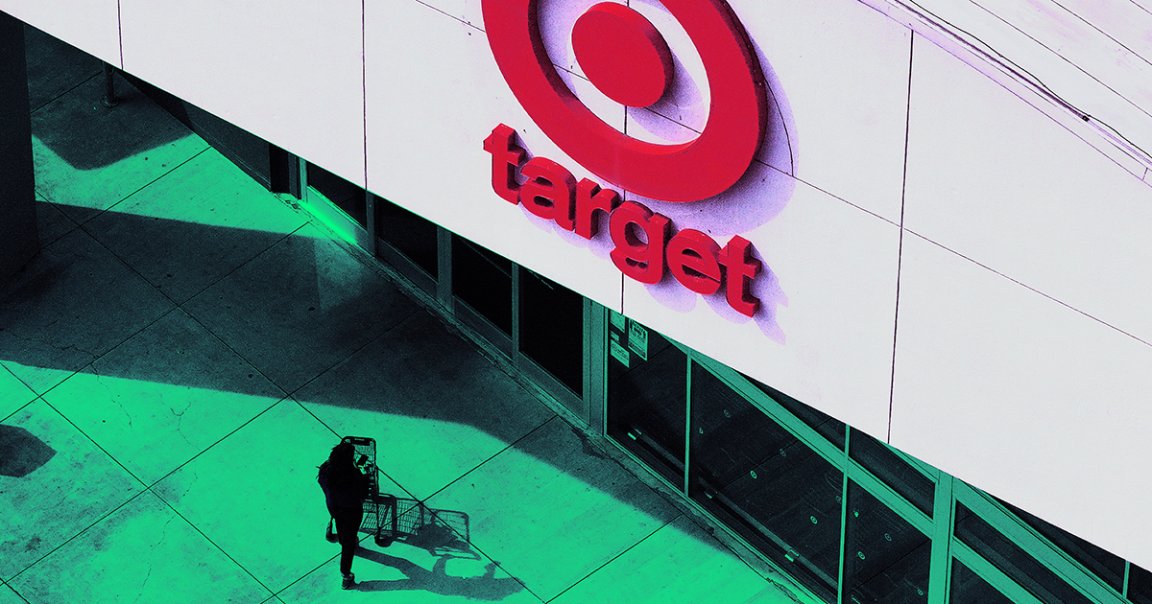
Just days before Christmas in 2023, the big box megachain Target announced it was using artificial intelligence to make the holiday shopping experience “even better.”
It was a little over a year after OpenAI released the first mass-market large language model (LLM) chatbot, ChatGPT, and you could practically cut the AI hype with a knife.
Everyone — and more importantly, every business — was rushing to prove how cutting edge they were with an onslaught of AI technobabble. Target was no exception, as the company droned on about using AI to become the “future of retail.”
In reality, all that “innovation” and “efficiency” talk basically amounted to a huge surveillance initiative, which allegedly includes facial recognition software, according to a class action lawsuit. One plaintiff alleged that, shortly after shopping at a Target in Illinois, she got a notification that a loss prevention manager had looked her up on LinkedIn, which informs users when others visit their profiles.
There was also a generative AI “Store Companion,” a chatbot meant to make low-wage employees even more efficient, and Roundel, a data-gathering AI-marketing platform “connecting our guests to brands they love through product ad placements.”
Over two years into Target’s paradigm-changing AI initiative, it clearly isn’t panning out. Target’s first quarter earnings results were way wide of the bullseye, with revenue falling $24.5 billion compared to last year. Total sales dipped three percent, while in-store foot traffic fell off.
The bad news prompted the big box store to flip its 2025 financial forecast from positive to negative, sending its stock into a nosedive.
Though Target blamed Trump’s erratic tariffs and sustained boycotts following the chain’s rollback of DEI policies for its woes, it’s chosen to solve the issue with — you guessed it — even more AI.
Following up on its dismal earnings results, Target announced a “multi-year Enterprise Acceleration Office,” led by COO Michael Fiddelke. The box store explained that this new office will “drive even greater speed and agility across the company, positioning Target to deliver faster progress on its roadmap for growth.”
During Target’s first quarter earnings call with investors, Fiddelke said he’ll work to “more boldly leverage technology and AI.”
What that means in practice is anyone’s guess. The executive hinted that Target has “compelling technology projects in flight” that will “modernize and streamline core inventory management and allocation processes,” which sound an awful lot like the same systems the corporation was bragging about revolutionizing with AI back in 2023.
“AI helps us ensure our guests find the holiday gifts and essentials they need by forecasting product demand and keeping items from going out of stock,” the company’s Chief Information Officer Brett Craig proudly chimed at the time. “Further up the supply chain, we use AI to ensure inventory is in the right locations so we can quickly and efficiently respond as demand fluctuates.”
At the moment, it’s unclear where Target could even cram more AI in a way that would benefit shoppers. Customers frequently complain about long wait times at self checkouts, trashed aisles, and empty shelves.
And it’s immensely hard to imagine AI solving any of those real-world woes.
More on AI: Taco Bell Piles on More AI While Customers Plead “Just Bring Back The Enchirito”